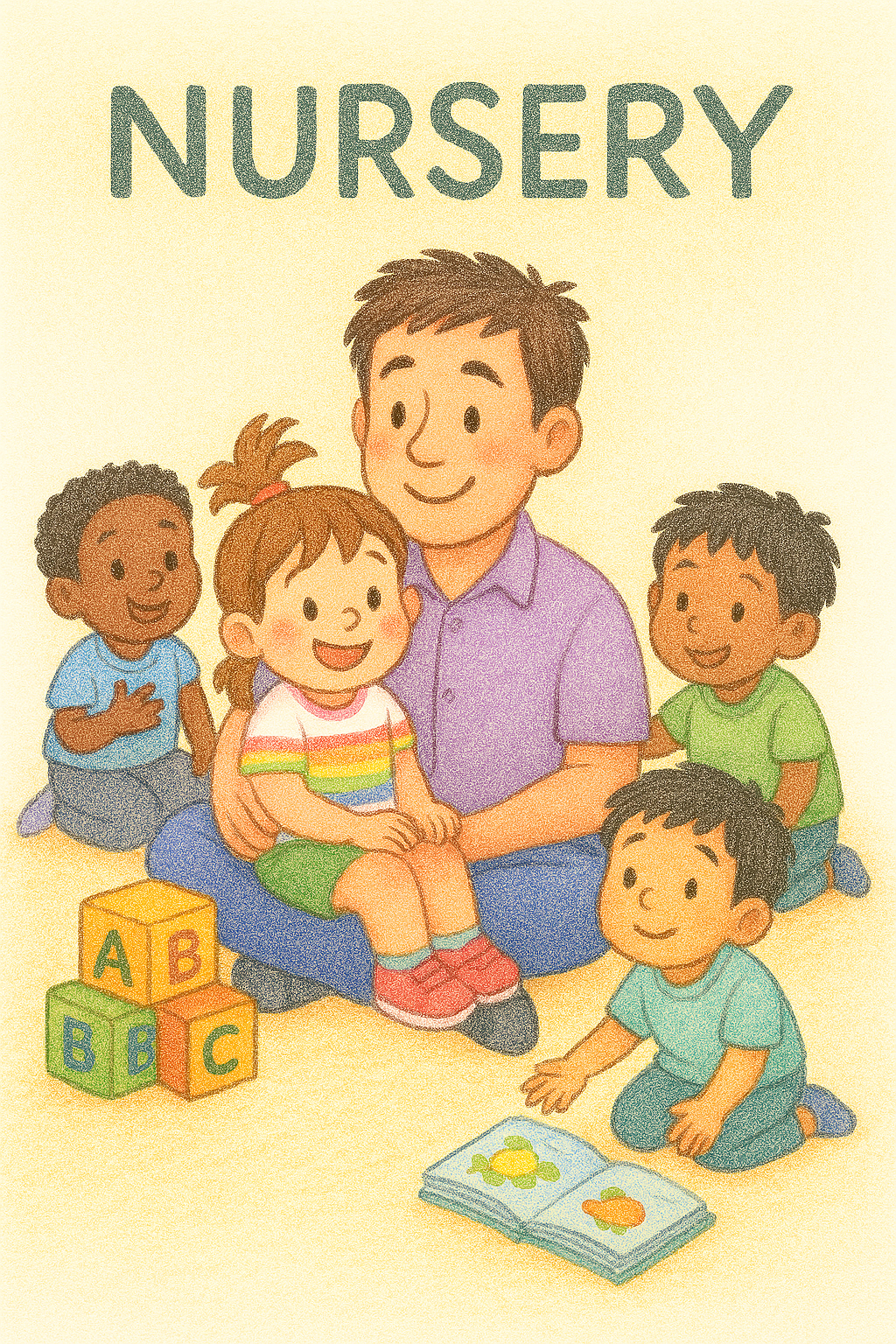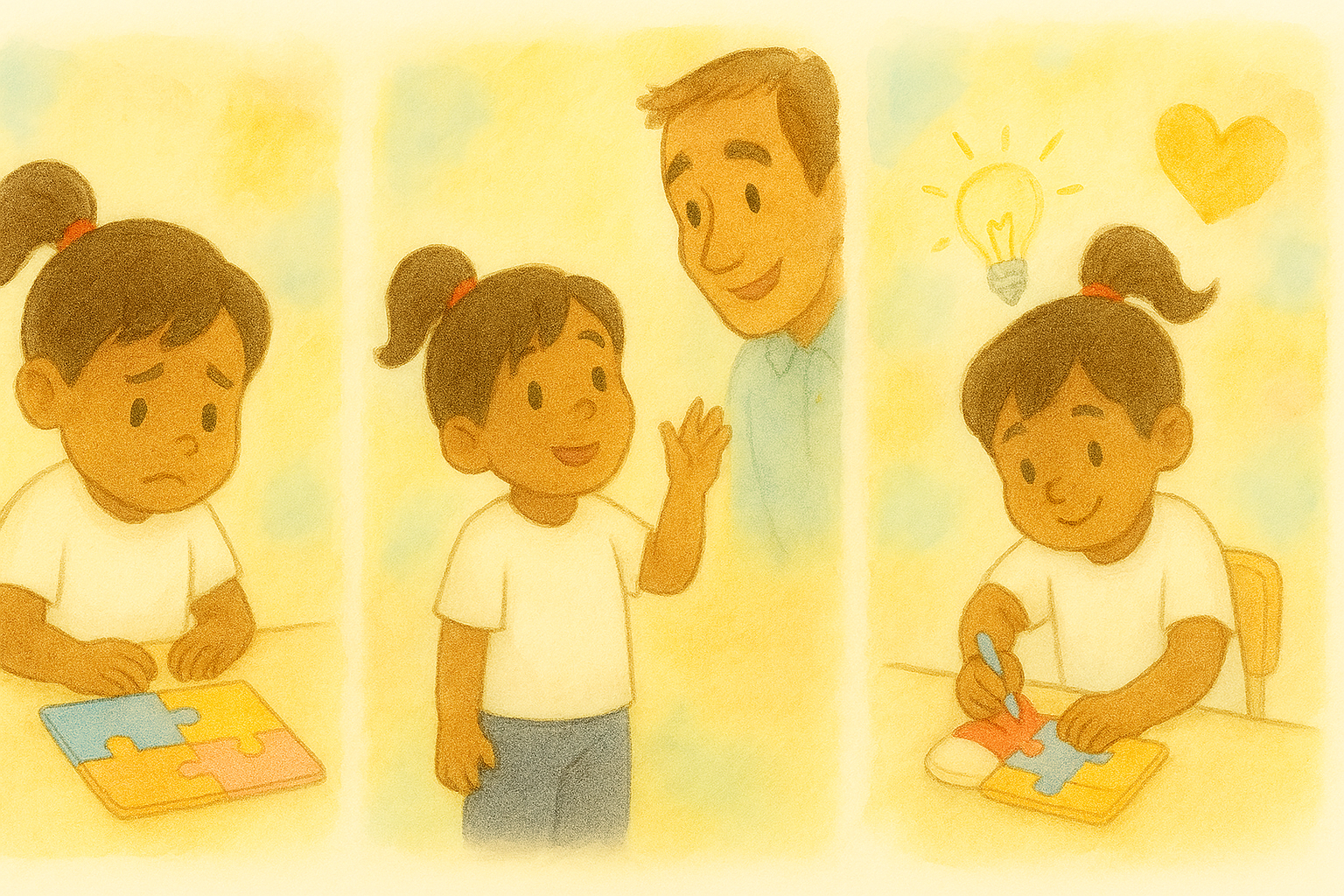Child to Adult Ratio From 1-in-8 to 1-in-30: Why Independence Matters More Than Ever
Big Change, Small People
Here’s something most parents aren’t told upfront: starting school comes with a huge shift in how much support your child gets — and it’s not always an easy adjustment.
From Close Support to Crowd Management
In most nurseries, your child is used to a 1:8 adult-to-child ratio — or even 1:4 for the littlest ones. That means someone is always nearby to step in, remind and guide.
But in Reception, that support system shifts dramatically.
We’re talking about 1 teacher for 30 children, with a teaching assistant — who may be pulled to work with specific children.
From the ratio of 1:8 to 1:30
That means your child suddenly needs to do a lot more for themselves. Quickly. Calmly. With far less adult backup than they’re used to.
What Independence Looks Like in Reception
Independence isn’t just about zipping coats. It’s about managing the day without a grown-up by their side.
Children need to:
Get their own tissue and know where to bin it
Find their peg without being shown
Tell an adult if they feel unwell, upset, or unsure
Use the toilet without fuss or help
Tidy up - even if it wasn’t their mess
Start a task without being sat beside someone
Do it yourself.
For many children, especially those used to constant adult help, this is a huge ask.
The Risk of Waiting for Help
Here’s the bit nobody says out loud:
Teachers want your child to thrive — but they’ve got 29 others.
If your child can’t start something, ask for help, or manage on their own, they can fall behind. Not just academically, but in confidence. And confidence is what powers learning.
Hesitation ➔ Asking for Help ➔ Independence
— the key steps in building a child’s confidence and love of learning.
How to Build Independence at Home (Without Turning into a Drill Sergeant)
Here’s how to start:
Stop fetching. Let them get their own water bottle, snack or shoes.
Give time, not orders. Say “We’re leaving in 3 minutes” or “We are leaving after breakfast” and see what happens.
Praise the process. “You remembered your lunchbox — you’re getting ready for big school!”
Don’t rescue too quickly.
If they forget something (and it’s not essential), talk about it afterwards, not during.
Final Word: It’s About Practice, Not Perfection
Most children can be more independent — if we let them practise. Not perfectly. Not all at once. But often enough that it sticks.
And if your child’s not there yet? That’s exactly why Start-School-Ready exists.
We’re not here to rush your child — we’re here to guide you both.
Need More Guidance?
We offer clear, practical support for parents navigating the Reception transition.
Read our complimenting guide: Capable from the Start: A Parent’s Guide to Independence





